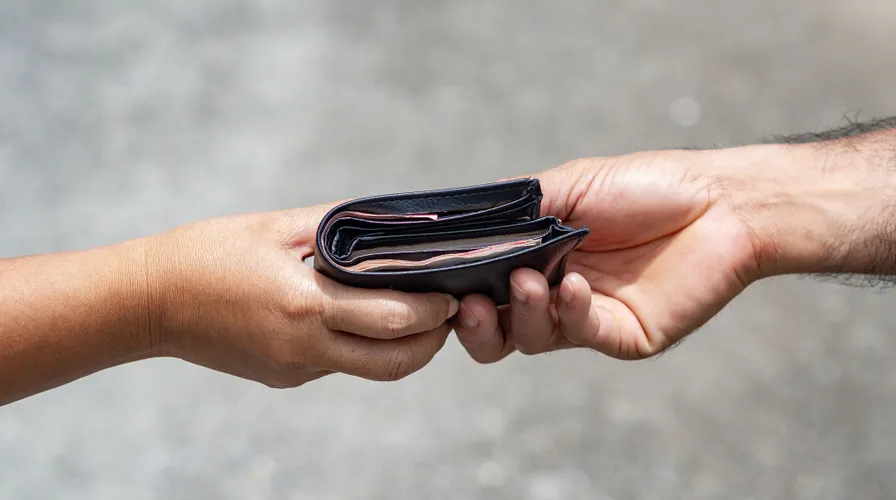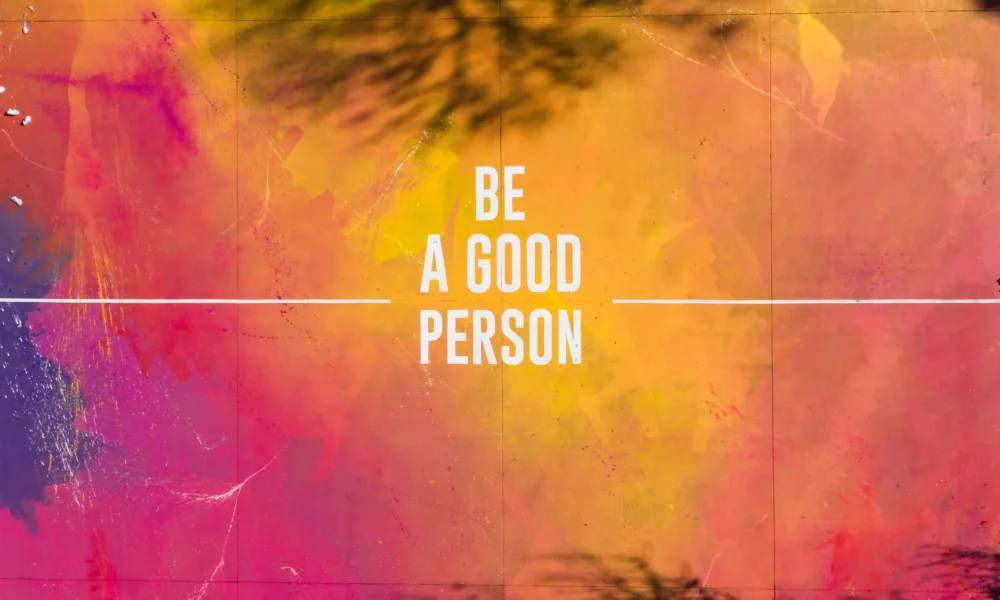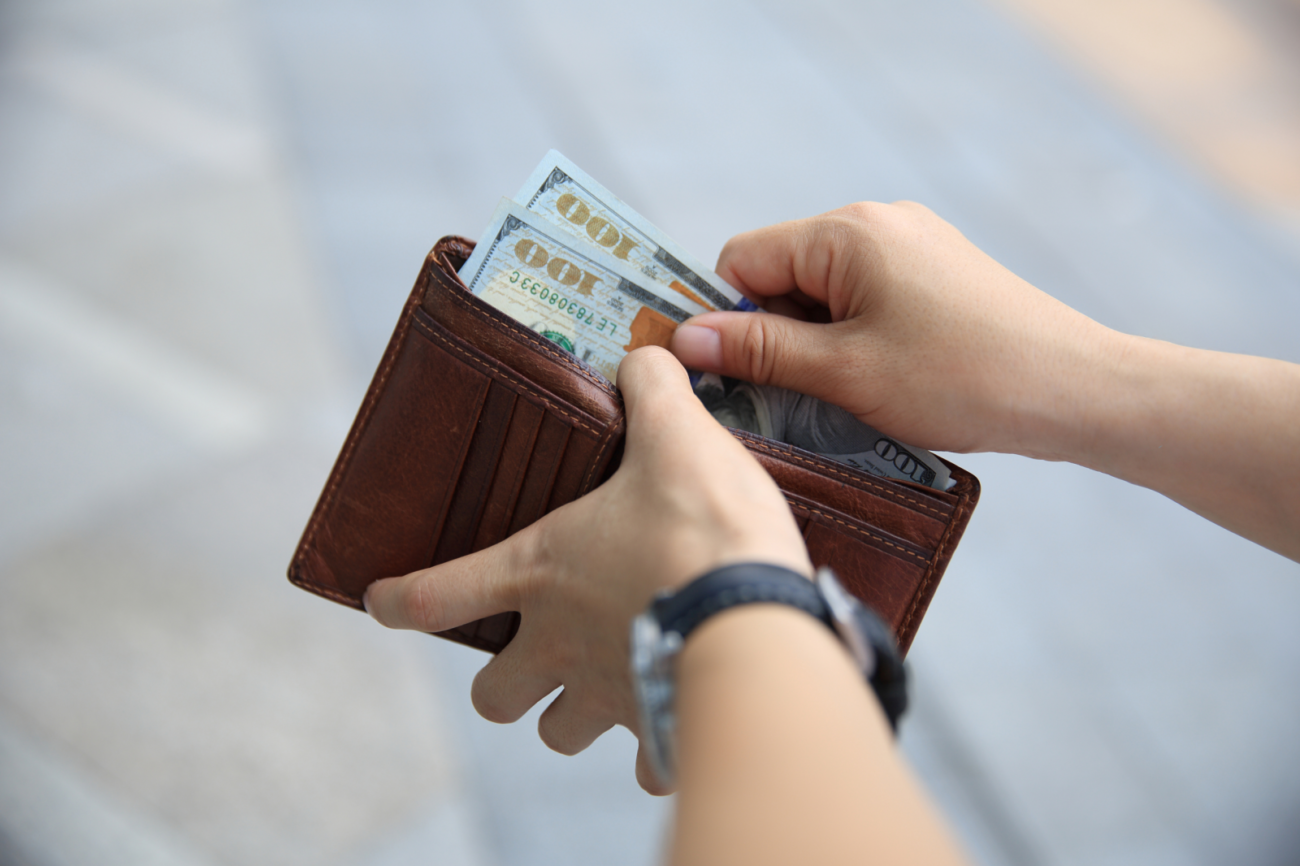In a world where news cycles often spotlight division, greed, and mistrust, stories of honesty and kindness shine like quiet beacons of hope. Among these, one of the most touching and universal examples is the act of returning a lost wallet. It’s a small, everyday scenario—someone drops their wallet in the rush of daily life, filled with cash, cards, and identification, and a stranger finds it. What happens next can reveal the true fabric of human nature.
Across countries, cultures, and circumstances, countless people have chosen integrity over opportunity. Whether in bustling cities or quiet towns, individuals have gone out of their way to ensure a lost wallet finds its way back to its rightful owner. These moments remind us that despite our differences, kindness still connects us all.
Table of contents
- A Global Study of Honesty
- Stories That Inspire: Real-Life Wallet Miracles
- Why People Return Lost Wallets
- When Honesty Travels Across Borders
- The Ripple Effect of Integrity
- What the Wallet Symbolizes
- Lessons from Lost Wallets
- The Hidden Psychology of Doing the Right Thing
- Modern Acts of Honesty in the Digital Age
- Faith Restored: When Strangers Become Heroes
- How We Can Keep the Chain Going
- When the World Seems Harsh, Remember This
- Conclusion: Holding On to the Good
A Global Study of Honesty
In 2019, a group of behavioral scientists conducted an ambitious global experiment involving over 17,000 lost wallets in 40 countries. Each wallet contained contact information, a few business cards, and varying amounts of money. The question was simple: Would people return the wallet, and would money influence their decision?
The results were both surprising and heartwarming. Contrary to expectations, wallets with more money were more likely to be returned. This pattern repeated itself from New York to New Delhi, from Zurich to Tokyo. It revealed that honesty wasn’t just a cultural ideal—it was a deeply human instinct.
Switzerland, Norway, and Denmark led the list of the most honest countries, but even in less affluent nations, people often made the right choice. Researchers concluded that individuals didn’t want to see themselves as thieves. The moral discomfort of keeping someone else’s property outweighed the temptation of financial gain.
It turns out, integrity is not just taught—it’s felt.
Stories That Inspire: Real-Life Wallet Miracles
While studies give us data, stories give us emotion. Around the world, there are countless true accounts of strangers returning lost wallets under extraordinary circumstances.
1. The Cab Driver in Japan
In Tokyo, a tourist accidentally left his wallet—containing nearly $1,000 in cash—inside a taxi. Expecting it to be gone forever, he was astonished when the driver tracked him down through his hotel. Not only had the wallet been returned intact, but the driver had also apologized for taking time to find him. In Japan, returning lost items is such a cultural norm that even large sums of money routinely make their way back to their owners. The system is built on trust and respect.
2. The Homeless Hero in the United States
In Detroit, a homeless man named Billy Ray Harris found a wallet dropped by a passerby. Instead of using the cash or valuables, he waited for the owner to return. When the woman who lost it, Sarah Darling, found him and thanked him, she was so moved by his honesty that she started a crowdfunding campaign to help him. The campaign raised over $180,000, enough for Harris to buy a home and rebuild his life. His act of kindness sparked a chain of generosity that changed both of their lives forever.
3. The Schoolboy in India
In a small town in Kerala, a 12-year-old boy named Arjun found a wallet on his way to school. Inside were several thousand rupees and important ID cards. Instead of keeping it, he took it to the nearest police station. His honesty caught the attention of local media, and soon, he became a symbol of moral courage for children across the state. When asked why he did it, he simply said, “It wasn’t mine.”
4. The London Commuter
In the London Underground, a young woman misplaced her wallet during rush hour. Hours later, she received a message from a stranger who had found it and personally delivered it to her office the next day. She later wrote on social media: “He didn’t ask for anything. Just smiled and said, ‘I hope this restores a bit of your faith in people.’”
That single act went viral, reminding millions that integrity still thrives even in the busiest corners of the world.
Why People Return Lost Wallets
What makes someone return a lost wallet when they could easily walk away with it? Psychologists believe it’s a mix of empathy, self-image, and moral reasoning.

- Empathy:
When someone imagines the stress of losing their own wallet, they naturally feel compassion for the person who lost it. This emotional connection drives them to do what they’d hope others would do for them. - Moral Identity:
People want to think of themselves as honest. Keeping a wallet might bring temporary gain, but it also causes internal conflict. Returning it, however, reinforces a positive sense of self. - Cultural and Social Norms:
In many societies—especially those with tight-knit communities—honesty is a deeply ingrained value. The thought of violating that norm is uncomfortable. - Faith in Reciprocity:
Returning a wallet is also a statement of belief that good deeds come back. It strengthens a silent social contract: when we take care of others, the world, in some way, takes care of us.
When Honesty Travels Across Borders
What’s fascinating about the lost wallet phenomenon is how it transcends geography. Whether it’s a busy New York street or a quiet Scandinavian village, the moral instinct to return what isn’t yours remains powerful.
However, the motivations and expressions of honesty vary culturally.
- In Japan, the act is guided by social duty and pride in doing the right thing.
- In India, it’s often seen through the lens of karma—good deeds bringing good fortune.
- In Western nations, it’s a reflection of individual ethics and accountability.
Despite these differences, the outcome is the same: someone’s faith in humanity is restored.
The Ripple Effect of Integrity
Each time a wallet is returned, it creates ripples far beyond the two people involved. The owner feels gratitude, often sharing the story with others. The finder experiences the quiet satisfaction of doing good. Observers—whether online or in person—absorb a subtle message: kindness still exists.
In social psychology, this is called the “moral contagion effect.” When people witness ethical behavior, they are more likely to emulate it. One honest act can inspire dozens more. Just like dropping a pebble into a pond, the ripples of goodness travel farther than we ever imagine.
What the Wallet Symbolizes
A wallet isn’t just an object. It’s a small container of identity and security. Losing it feels like losing control; finding it again feels like regaining hope. When someone returns it, they’re not just returning money—they’re returning peace of mind.
In that moment, humanity’s best qualities—compassion, integrity, and respect—come together in one simple gesture.
Lessons from Lost Wallets
Here are a few timeless lessons these stories remind us of:
- Integrity is Universal:
No matter where we come from, the instinct to do good runs deep in us all. - Small Acts Matter:
Big changes in the world start with small decisions made in everyday moments. - Kindness Is Contagious:
Each act of honesty encourages another person to do the same. - The World Is Better Than It Seems:
For every story of wrongdoing, there are hundreds of unseen acts of goodness happening quietly every day. - Faith in Humanity Is Never Lost:
Even in hard times, gestures like these remind us that decency still drives the human spirit.
The Hidden Psychology of Doing the Right Thing
In behavioral ethics, returning a lost wallet is a fascinating case of moral self-regulation. When faced with temptation, people subconsciously weigh their potential gain against their values and self-concept. Research shows that most individuals want to maintain a consistent image of themselves as “good people.”

Interestingly, this inner moral compass often overrides logic or personal benefit. The emotional discomfort of betrayal (even to oneself) outweighs any short-term reward. This internal battle between temptation and morality is what makes the act of returning a lost wallet so profoundly human—it’s a quiet victory of conscience over convenience.
Modern Acts of Honesty in the Digital Age
In the digital era, honesty has found new expressions. People now return digital wallets—lost phones, crypto accounts, or even virtual IDs. Online communities on Reddit, Facebook, and X (formerly Twitter) are filled with posts like “Found someone’s wallet—help me find the owner.”
Apps like Nextdoor and Citizen have also become tools for digital kindness, connecting finders and losers instantly. Even as technology evolves, the essence remains unchanged: people still want to do the right thing.
Faith Restored: When Strangers Become Heroes
Every story of a returned wallet reminds us that goodness often hides in plain sight. These acts don’t make headlines as often as scandals or conflicts, but they shape the quiet moral foundation of society. Each one whispers the same message: There’s more honesty in the world than we think.
Perhaps the most beautiful part of these stories is their simplicity. No fanfare, no reward—just one human choosing to care about another.
How We Can Keep the Chain Going
If we ever find ourselves in the position to return something lost, here are ways to honor the spirit of honesty:
- Do It Promptly:
The faster you act, the sooner the person regains peace of mind. - Communicate Clearly:
Use the contact details or hand it to the nearest authority or police. - Expect Nothing in Return:
The greatest reward for honesty is the feeling it gives you. - Share the Positivity:
When you witness or experience such kindness, tell others. It spreads hope.
When the World Seems Harsh, Remember This
In moments when news headlines are full of conflict, when cynicism feels easier than optimism, think of the lost wallets returned by strangers. Think of the taxi driver who could have kept the cash but chose honesty. Think of the homeless man who had nothing but gave everything in integrity.
These are not small gestures—they are proof that empathy endures. They remind us that even in a chaotic world, the heartbeat of humanity still pulses with compassion.
Conclusion: Holding On to the Good
Maybe we can’t control everything that happens around us. But we can control how we act in those small, defining moments that test our character. Returning a lost wallet may seem minor, but it’s these moments that keep the moral thread of society intact.
The next time you see a lost wallet, think of it not just as an object—but as an opportunity. A chance to prove that kindness still exists. That honesty still matters. And that hope, in the form of a returned wallet, continues to travel the world—one act at a time.
Stay Inspired on Your Kindness & Humanity Journey
If this story reminded you that goodness is still alive in the world, here are a few more uplifting reads that shine a light on compassion, honesty, and the everyday heroes who make life a little brighter:
- Teen Returns Lost Purse and the Internet Can’t Stop Praising Him – A simple act of honesty that captured hearts everywhere.
- Kindness Café: Where Every Coffee Comes with a Smile and a Free Meal for Someone in Need – Discover how one café is turning kindness into a daily ritual.
- Strangers Unite to Save a Driver from a Burning Car – A powerful reminder that courage and compassion can show up anywhere.
- Teacher Spends Summer Building Desks for Students Who Didn’t Have One at Home – One teacher’s mission to support students becomes a story of love in action.
- Mother-Daughter Duo Creates a Nature Lover’s Paradise – A heartwarming project that grew into a joyful sanctuary for all.
